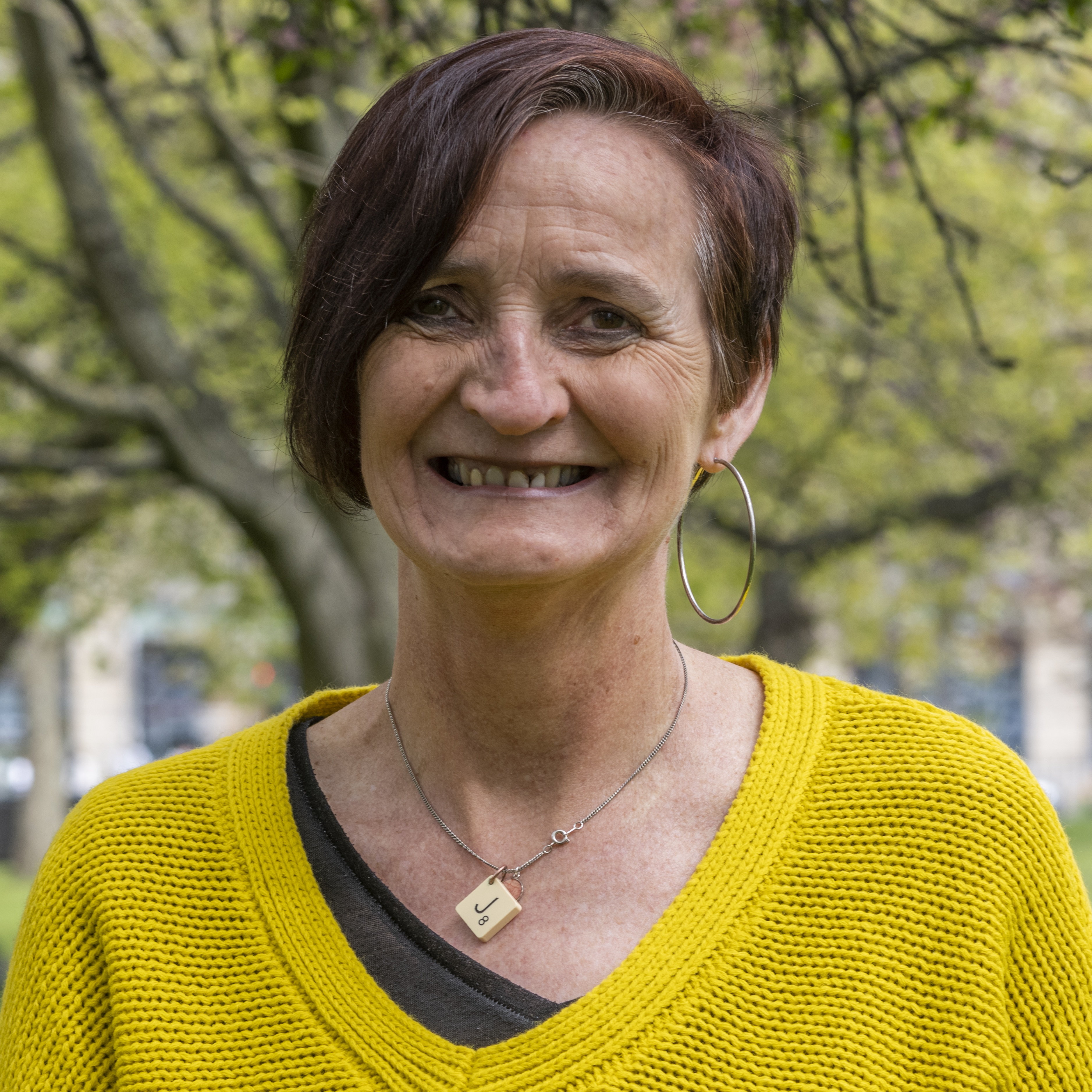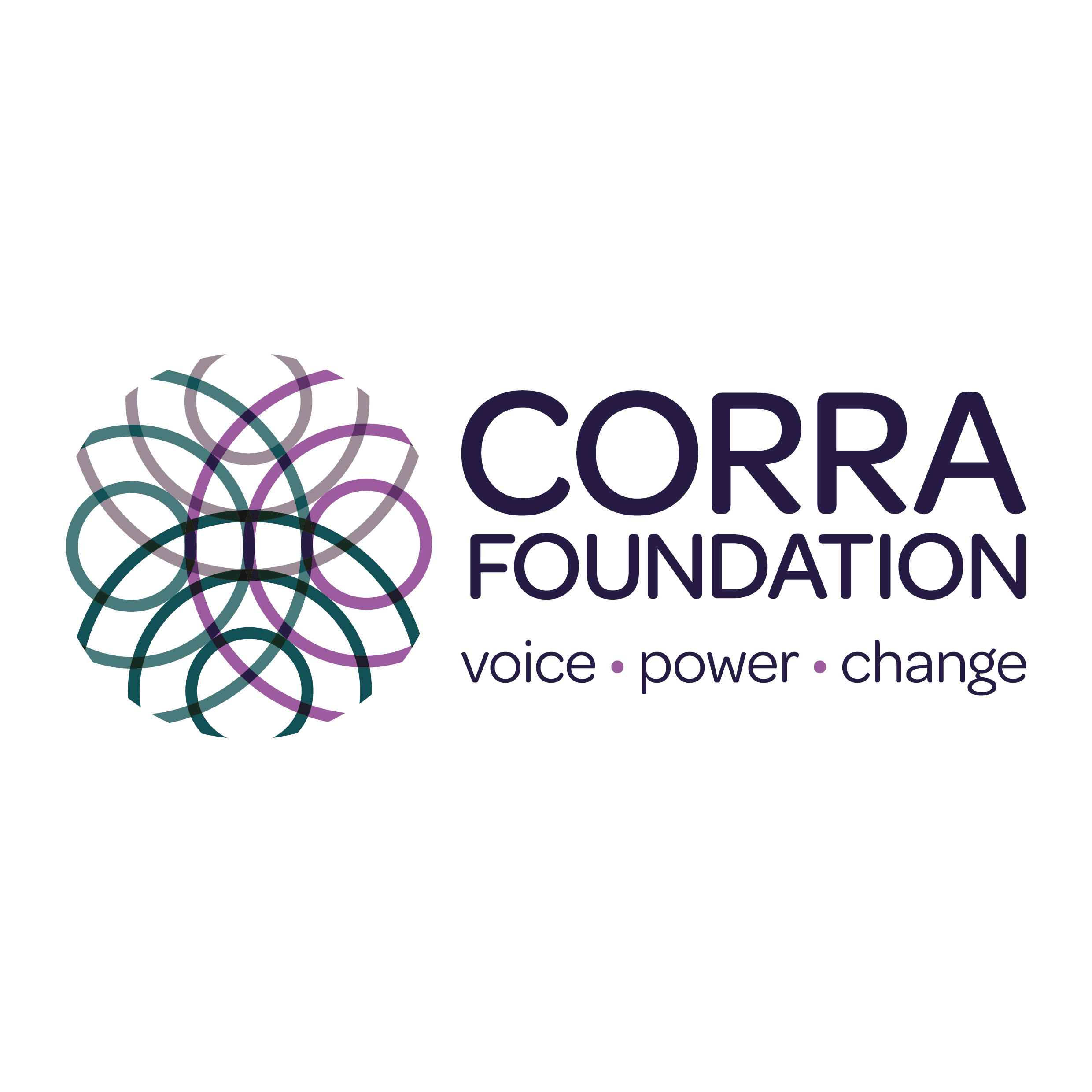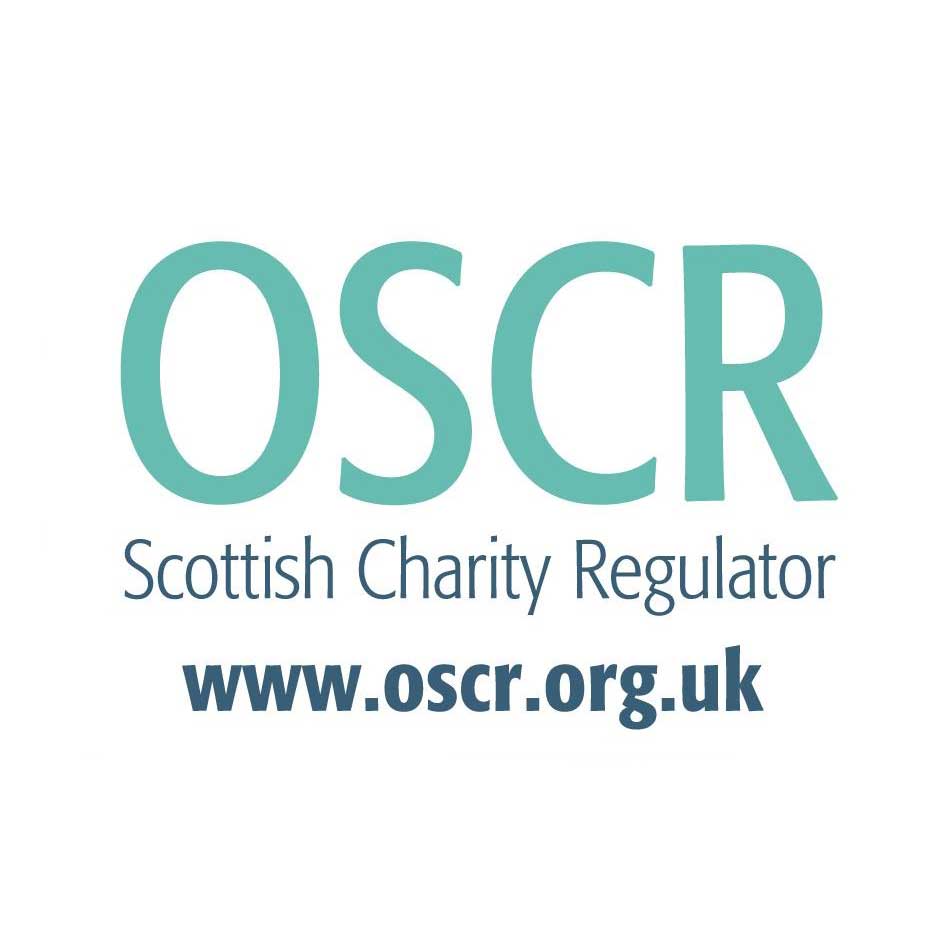Managing ‘conflicts of interest’ – not as scary or hard as it might sound
20 Sep 2024
On the back of some exciting news, Judith Turbyne, CEO at Children in Scotland, reflects on how the voluntary sector depends on people taking on a variety of roles and how these can sometimes create potential, or actual conflicts. These should not stop people from getting involved and there are various processes in place to help manage conflicts of interest.
I have very exciting news to share. I am now the chair of the Corra Foundation. I have been on the board for six years, and I have loved the experience. One of the things it is important to think about when taking up a role like this is any potential conflict of interest.
Many people working in the sector and beyond want to contribute beyond their own organisations by taking up volunteering roles, including being a trustee with a charity. Whatever role you take up, it may intersect with other parts of your or your family’s working or volunteering life. Scotland is a small country, and this adds to the potential for conflicts of interest to arise. What is important is recognising that, and making sure it is managed properly.
Conflicts of interest can be linked to many different things. It could, for example, be due to a trustee’s relationship with a member of staff, the fact they work for an organisation who might be competing for similar funding, or they (or their family) use the services of the charity and decisions are having to be made about the services being delivered.
The best thing to do when thinking about any potential conflict of interest is to go back to charity law. The Charities and Trustee Investment (Scotland) Act 2005 (click here for more) outlines the essential duties of the trustee. A fundamental duty is to act in the best interests of the charity at all times. I may walk into the Corra boardroom as the CEO of Children in Scotland, but once there I am fully a trustee of Corra.
What are the potential areas for conflict of interest between The Corra Foundation and Children in Scotland? They are both organisations that are working to improve the lives of individuals and communities across Scotland. We accomplish our work in different ways but there are great similarities in what we are trying to achieve. In many ways, we are natural partners. But there are significant differences, not least that Corra is grant giver and Children in Scotland is often seeking grants to support our work.
A good example of a potential conflict of interest is in the administration of the Scottish Government CYPFEI & ALEC fund (click here for more). Like many organisations working with and for children and young people across Scotland, we benefit from that fund. What is important here is that Corra plays an administrative role with the fund, although decision-making remains with the Scottish Government.
When in the boardroom I am a trustee of Corra, and that means the first thing I need to do is to understand and register a potential conflict. While this is mitigated to a great extent because of where the decision-making lies, it is nevertheless important to register the potential of conflict. If there is then a discussion at board level about the fund, it may be necessary, for instance, for me not to be part of that discussion or any associated decision making.
The Corra Foundation have a strong policy on conflict of interest, including making sure that relevant interests are registered by all trustees, and it is updated on a yearly basis. At each meeting, the chair checks to see if there is anything on the agenda that is likely to trigger a conflict of interest, and then the management of that is discussed.
The Scottish Council for Voluntary Organisations (SCVO) provides some helpful advice on how charities can manage conflicts of interest as well as a template for creating a Conflicts of Interest Policy – click here to access.
The charity and wider third sector in Scotland would not function without people willing to take on other volunteering roles. There is often the potential for conflict of interest. But that shouldn’t put anyone off. Proper management is the key. What is important is that we release the skills, experience, energy and insight of those in Scotland into the third sector so that it can fully play its essential role in contributing to the quality of life for those living here.
On reflection, I feel that my role as Children in Scotland is really well balanced with my chair role at Corra because the kind of things we are dealing with on the board are to do with strategic decision making, not operational decisions. Indeed, I feel that my role with Children in Scotland benefits me as a trustee, and vice versa.
I will always put my Corra persona on when sitting on the board and be ready to step out if something is preventing me from putting these interest firsts.







Our membership offer
Be part of the largest national children's sector membership organisation in Scotland
Click here for more